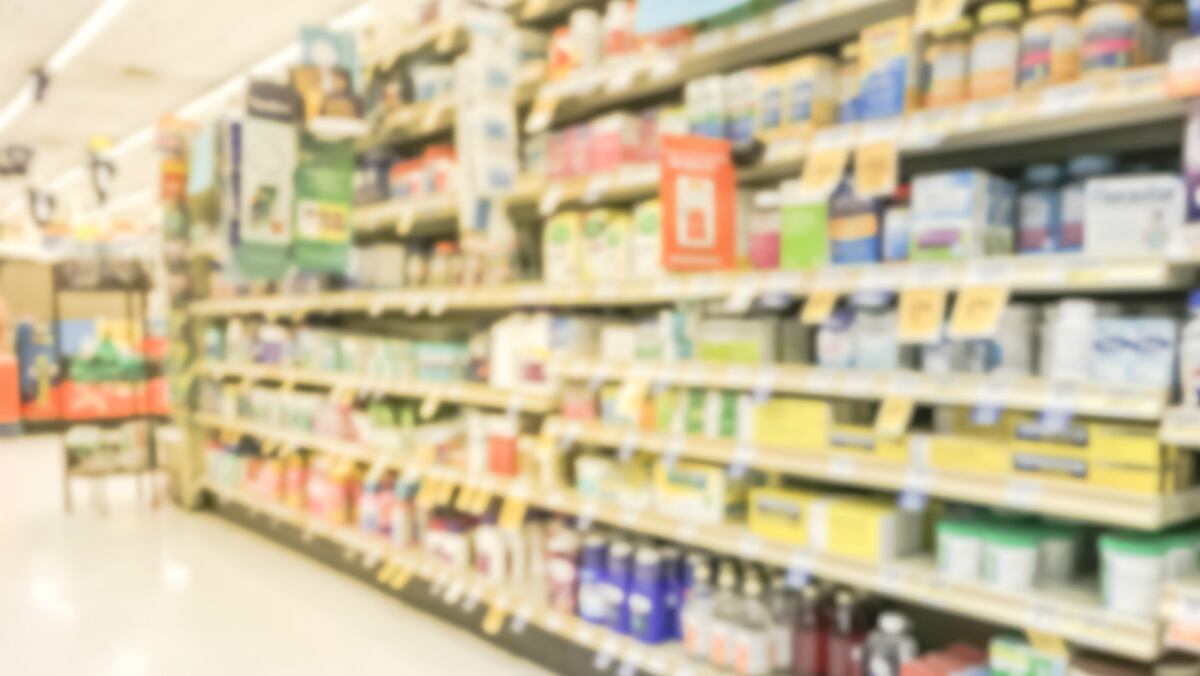In February, the SFA — then known as the Agri-food and Veterinary Authority (AVA) — issued a tender calling for a third party to conduct research into Singapore's regulatory landscape in order to assess where it might be lacking when it comes to health claims.
Speaking to NutraIngredients-Asia, the SFA said: "To meet consumer demand for preventative healthcare, industry has been innovating food products with ingredients typically used in health supplements. These products fall between the food and complementary health product categories, and are referred to as 'grey area' products.
"In order to support industry's innovations in such products, the SFA has appointed a consultant to conduct a study to better understand regulatory gaps and other regulatory issues concerning food-based products with health benefits."
The agency added that it would continue its existing collaboration with the Health Sciences Authority (HSA) on 'grey area' products, such as tea containing diuretics and laxatives, and drinks that claim to support liver function or maintain blood glucose.
For enquiries on such products, the SFA and HSA will conduct a joint classification assessment to determine the agency in charge. Upon confirmation of classification, the respective agency will follow up with the enquirers.
Presently, food-labelling requirements for importers, manufacturers and producers of pre-packed food include proper nutrition labelling for food products such as special purpose foods and foods that carry health claims, etc. There are three types of claims food products can carry:
- nutrition claims
- health claims (i.e., nutrient function claims, nutrient-specific and diet-related health claims, function claims regarding specific beneficial effects on regular bodily functions or biological activities)
- other claims (e.g. organic, gluten-free)
The SFA said: "Only approved function claims can be made on food products that meet the respective claim criteria. The regulations also prohibit the use of claims that imply a food has therapeutic or prophylactic actions, or that it can prevent, alleviate or cure any diseases or conditions affecting the human body. Health claims that are not approved or listed on our website cannot be used on food.
"Claims prohibited by the Singapore Food Regulations are also not allowed for use in advertisements. This includes information made available on websites by local companies that is meant to promote the sale of foods sold in Singapore.
"It does not include the personal opinions of individuals (for no commercial gain) about any goods or services, brands of goods or services, or those who provide goods or services."
Sufficiently specific?
The rules differ somewhat for health supplements, which come under the purview of the HSA. Under the current regime in Singapore, health supplements are currently not subject to approvals, licensing or registration before they can be sold locally.
They are also not assessed for their effectiveness, with manufacturers, importers, wholesalers, distributors, re-packers and retailers responsible for the safety and quality of their health supplements.
Furthermore, firms do not need to apply for a permit before they advertise their products. However, they must ensure that:
- products do not contain prohibited ingredients
- products do not carry claims to treat illnesses or diseases
- product claims are accurate and truthful
- product labels and packaging contain sufficient information for consumers to review during purchase and consumption
- information is printed in a clear and legible manner
There is a post-market surveillance programme in place to monitor the safety of health supplements and to initiate product recalls when necessary.
More education — not regulation — needed
According to Daniel Quek, president of trade association, the Health Supplement Industry Association Singapore (HSIAS), the existing arrangements are largely popular among industry players.
He told NutraIngredients-Asia: "Singapore already has a pragmatic approach that is welcomed by the industry in allowing general and functional health claims based on self-substantiation.
"In essence, a company should hold good-quality evidence to support the health claims of its health product. There may even be scope in future for the consideration to also allow disease risk reduction claims, since many countries already allow such claims for health supplements."
He added that the any negative impact on consumers could be attributed to a lack of understanding on their part regarding the value of supplementation and health foods in helping to reduce disease risk, which could hinder the improvement of public health in Singapore.
He further said such improvement was necessary to reduce healthcare costs through better nutrition, health promotion, and disease risk reduction, and that any delay could hinder industry growth and consumer benefits.
Quek does think, however, that harmonised regulations across ASEAN are vital to improving legislation, industry growth and consumer health in Singapore and its neighbouring countries.
"Singapore regulators are already looking ahead, and have been at the forefront of the ASEAN Health Supplements Regulatory Harmonisation process, which includes the provision to allow disease risk reduction claims in health supplements."
In terms of how to better protect consumer interests, Quek said the HSIAS was actively working to ensure its members upheld the HSIAS Code of Ethics.
"This code treats consumer interests as the uppermost consideration. Our members are expected to be in compliance with existing regulatory guidelines on health claims to ensure only truthful and well-substantiated claims are considered for communication with consumers."

